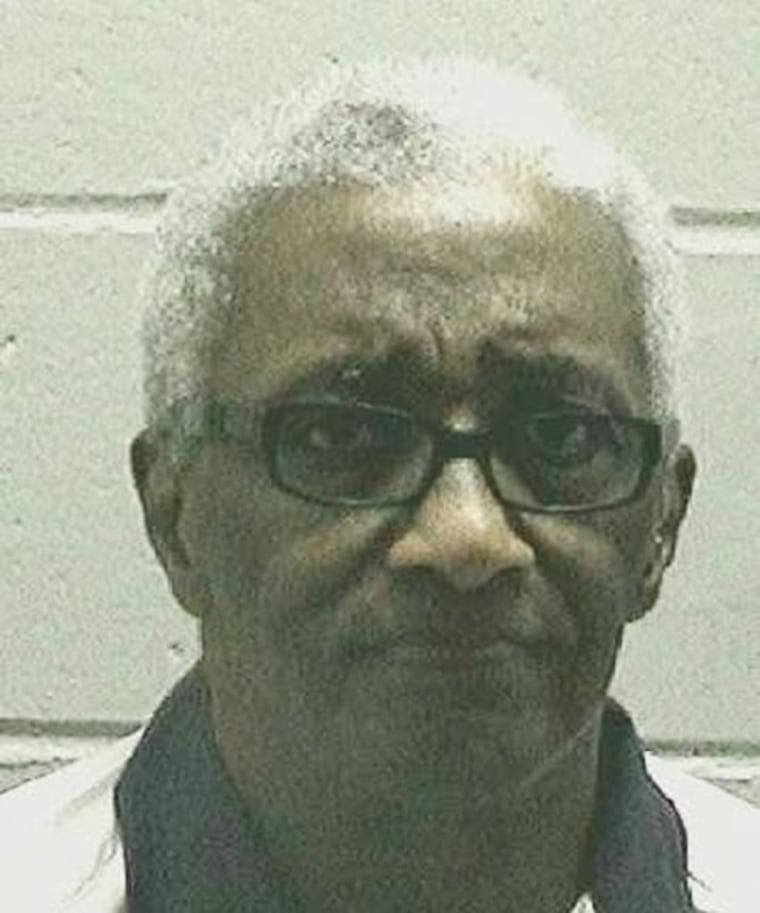Georgia executed its oldest death row inmate Tuesday, after courts rejected a challenge to a state law that keeps secret the names of providers of lethal injection drugs.
Brandon Astor Jones, 72, was convicted in 1979 for the killing of a convenience store clerk during an armed robbery. A judge ordered a new sentencing hearing in 1989 and he was later resentenced to death in 1997.
Georgia Department of Corrections spokeswoman Gwendolyn Hogan confirmed that Jones was executed at 12:46 a.m. Wednesday. His execution had been scheduled for 7 p.m. but his lawyers filed filed a last-minute appeal to the U.S. Supreme Court.
The high court refused to halt the execution in an order made hours after that time had passed.
Earlier Tuesday, the U.S. 11th Circuit Court of Appeals voted 6-5 not to hear before a full court Jones’ challenge of the state law that keeps secret the company that manufactures drugs used in lethal injections.

The majority cited a decision Monday by a three-judge panel that denied a motion to stay the execution. It ruled Jones' lawyers were unable to show the challenge was likely to succeed, and noted the drugs from undisclosed sources have been used seven times "without incident."
Related: Death Knell? Executions Hit Two-Decade Low
But five judges dissented, and four of those said Georgia’s law keeping secret the name of the company that compounds pentobarbital. They said the secrecy law could violate Jones' right of access to the courts.
"Today Brandon Jones will be executed, possibly in violation of the Constitution. He may also be cruelly and unusually punished in the process," the four judges said in their dissent. "But if he is, we won’t know until it’s too late — if ever."
States have been scrambling to find alternatives or alternative sources of the drug after its manufacturers refused to sell it for executions.
Georgia along with other states relies on small compounding pharmacies to produce the drugs, and the state instituted a secrecy law in order to keep supply lines open. A court upheld the law in May.
The shortage of drugs has forced some states to delay executions. Ohio in October scrapped all executions until 2017 because it has been unable to obtain necessary drugs.
Related: Ohio Scraps All Executions Until 2017 Over Drug Shortages
Jones was sentenced to death for the 1979 murder of Roger Tackett, a convenience store manager killed during a robbery.
A court threw out his first conviction in 1989 because jurors had a Bible in the room during deliberations, and he was retried and resentenced to death in 1997, NBC station WALB reported.
Jones on Wednesday became the fifth prisoner executed in the U.S. in 2016, according to the Death Penalty Information Center.
Another Georgia inmate — Travis Clinton Hittson, sentenced to death for killing a Navy sailor in 1993 — is scheduled to be executed Feb. 17, the state Department of Corrections said.
